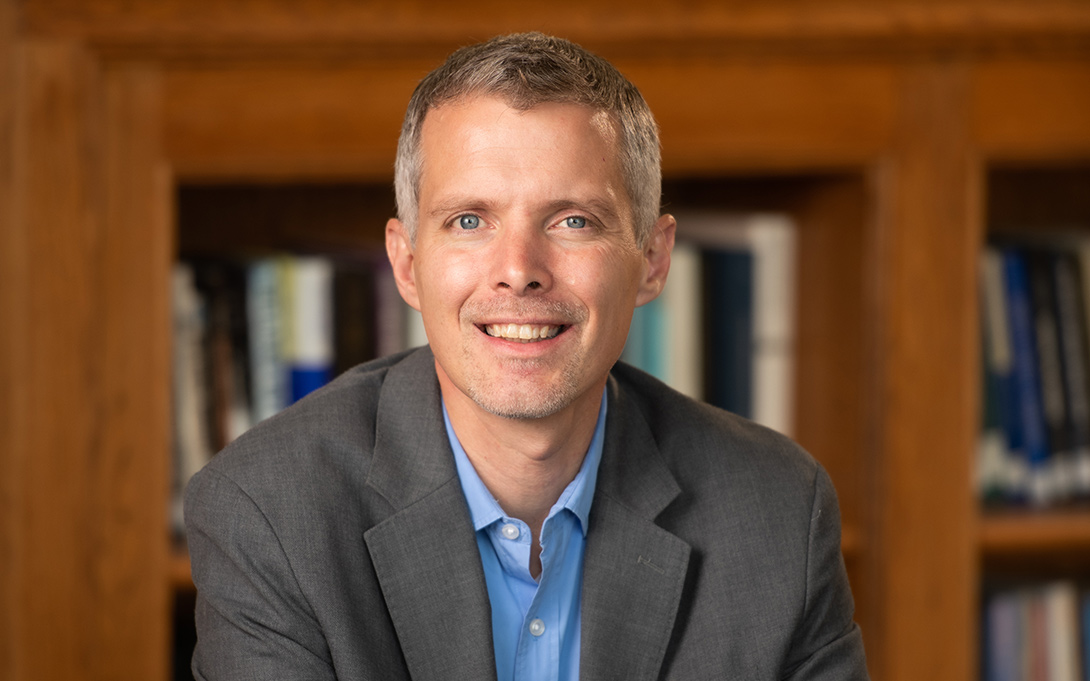
In a new commentary, Luke Shaefer, Hermann and Amalie Kohn Professor of Social Justice and Social Policy, and Dr. Mona Hanna-Attisha, an MSU professor of public health, call on Congress to do one last thing in their lame duck session: renew the expanded Child Tax Credit.
"The health care implications are drastic. Pediatricians do everything in their power to make kids healthy, but the most potent medicine can’t be ordered on the electronic medical record or picked up at the local pharmacy," the experts write. "The more we learn about the developing brain, the more we understand how poverty — especially early, deep, and persistent poverty — injures the brain and dramatically hinders a child’s entire life trajectory. Poverty is one of the strongest risk factors for bad health — increasing the rates of asthma, obesity, developmental delay, infant mortality and injuries."
Shaefer and Hanna-Attisha continue to lay out the detrimental impacts of poverty, even pointing out that a child born in Flint, where one in two children are poor, has a life expectancy of 20 years less than a child born in a more affluent part of the same county.
"So what’s the treatment? In Flint, we are tired of band-aiding health inequities," the authors ask. "A broad coalition of community partners — residents, nonprofits, academics, the government, and others — is working on a universal cash allowance pilot program for every child from birth to age 5. We still have millions of dollars to raise, but we are determined to build a foundation for health that endures and takes our children into adulthood, rather than continue to patch preventable ailments."
But, Shaefer and Hanna-Attisha point out that this program would only help Flint. Renewing the expanded Child Tax Credit would help the entire nation
"No amount of health care can compensate for our lack of investment in prevention. As Frederick Douglass said, 'It’s easier to build strong children than repair broken men,'" they write. "Sometimes building strong kids comes as an infection-fighting jab in their arms and sometimes it’s the passage of a potent policy that helps poor and middle-class families alike."
Read the entirety of Shaefer and Hanna-Attisha's commentary in The Hill.
